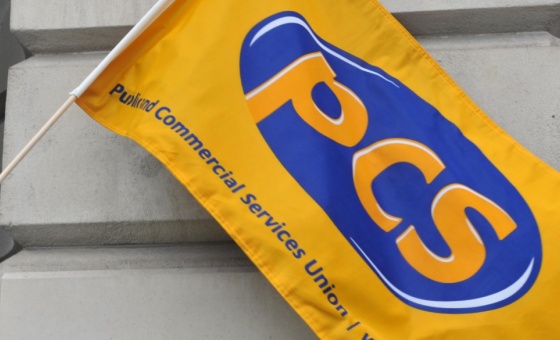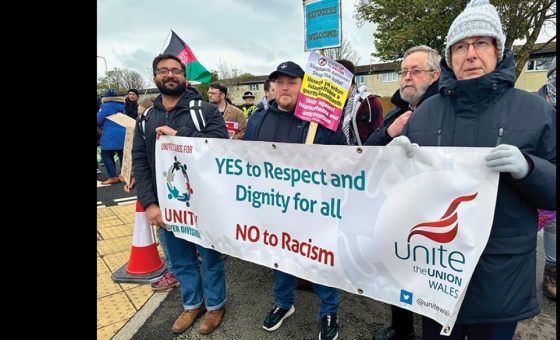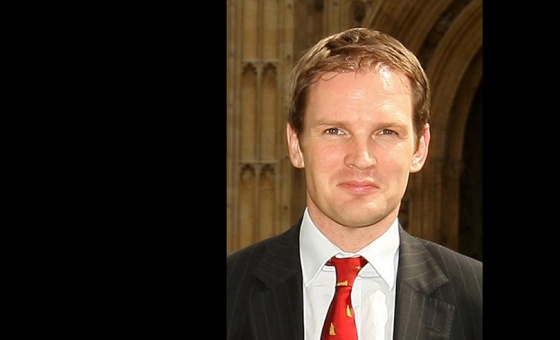This is the last article you can read this month
You can read more article this month
You can read more articles this month
Sorry your limit is up for this month
Reset on:
Please help support the Morning Star by subscribing here
THE benefit system in Britain is broken. Anti-poverty charities, food bank and disability organisations know this all too well as they desperately try to support the growing number of people and families struggling to survive.
Although this has been made much worse during the pandemic, it’s a problem that goes back decades. Years of Tory austerity policies resulted in an increase in precarious employment, rising rents and food prices, years of stagnating wages and erosion of local services. In 2009 there were 30 Trussell Trust food banks operating in Britain, by 2019 there were 2,100. That’s more food banks than branches of McDonald’s.
Changes to the benefit system have been piecemeal, complicated and chaotic as with the merging of six benefits into one under universal credit and the move from universality to means-testing — and the introduction of the two-child limit for government support. This has made it harder for claimants to work out eligibility and to make their claim.
Constant tinkering with the system has also made it more difficult to compare year on year spending by the government and to identify the number of claimants in each category. Although in 2018 Frank Field MP obtained information that exposed that the government planned by 2021 to cut benefit spending by £37 billion with the biggest cuts in disability benefits and in-work support.
Although the arrival of Covid-19 may well have scuppered that timetable, the withdrawal of the universal credit £20 uplift from September 1, which helped so many during the pandemic, is a stark reminder of the brutal mean-mindedness of a Tory government.
In February 2021, the women and equalities parliamentary committee published a report on the gendered economic impact of the pandemic. It recognised that even before the pandemic, women were more likely than men to claim benefits at some point in their lives and that there was a 90 per cent increase in the number of people on universal credit.
However, it was critical of the government’s own Equality Impact Assessment, judging it to be “not fit for purpose” because there was no mention of childcare or recognition that women make up the majority of single-parent households and carry out most of the childcare in two-parent families.
The report notes that “there was no mention of childcare in either the Summer Economic Statement or Winter Economy Plan. This was astonishing given the vital importance of childcare provision for women’s participation in paid work, and the precarious position of the childcare sector.”
The Covid pandemic and economic crisis it caused has highlighted the disproportionate impact on women, particularly the amount of unpaid work we undertake. Before the pandemic, women were spending on average three times as many hours on unpaid domestic and caring work as men — and this contribution was grossly undervalued.
In 2018, the International Labour Organisation reported that “the 16 billion hours spent on unpaid caring every day would represent nearly a tenth of the world’s entire economic output if it was paid at a fair rate.”
The UN Women report in November 2020 concluded that the “average woman now spends nearly the equivalent of a full-time job doing unpaid childcare — a full working day a week more than the average man.”
As well as caring for children, women are also bearing the brunt of the social care crisis. Age UK estimates that there are over 1.25 million “sandwich carers” in Britain – people caring for an older relative as well as having childcare responsibilities; 850,743 (68 per cent) are women and it is demanding increased support for unpaid carers.
It is against this backdrop that a debate started some time ago about the introduction of universal basic income (UBI) which is an unconditional and regular payment regardless of income, wealth or work. Supporters of UBI see it as creating a safety net below which nobody would fall, opponents regard it as unaffordable and not the answer to poverty.
In 2017 the TUC commissioned a report to examine UBI: “The debate on universal basic income has become unhelpfully polarised between noisy and passionate advocates ‘for’ and ‘against’ the policy. This paper shows that the reality is much more messy.
“When thinking about risks arising from the future world of work, a UBI has some advantages over the current social security and tax system, but also a range of drawbacks. And in many cases, other more practical tax and benefit reforms offer different or better solutions.”
Whilst not completely rejecting some aspects the TUC report concluded that “in practice, the response to these challenges will not come from a single policy, whether it is UBI or anything else.
“The answers will lie in multi-layered reforms to our tax and social security system with tiers of financial support working in combination: universal as well as means-tested; unconditional as well as conditional; non-contributory as well as contributory.
“Along the way, these reforms should embrace elements of the UBI idea — and modest, partial basic incomes may have their place in the eventual toolkit. But a fully fledged UBI is not the silver bullet for our future labour market.”
So, the announcement in June by Wales First Minister Mark Drakeford that the Welsh Labour government would pilot UBI with a focus on care leavers came as a surprise, not just because social security is not devolved to Wales but because the annual cost could be as much as £40 to £50 million. Details are still being discussed, but the think tank Autonomy has set out a plan for the pilot involving 5,000 residents over a two-year period.
Under the plan payments would be in line with minimum income standards according to the Joseph Rowntree Trust as follows: children aged 0-17yrs would receive £120.48 per week paid to the guardian; adults aged 18-64yrs would receive £213.59 per week; adults aged 65+ would receive £195.90 per week.
All eyes will be on the outcome of this pilot, not least those of the trade unions and anti-poverty campaigners. For the women’s movement the test will be if this addresses the systemic inequality in the current benefit system and brings greater equality to the millions of women living in poverty in Britain.
Anita Wright is a member of the National Assembly of Women executive committee. This article was first published in Sisters, magazine of the NAW.







